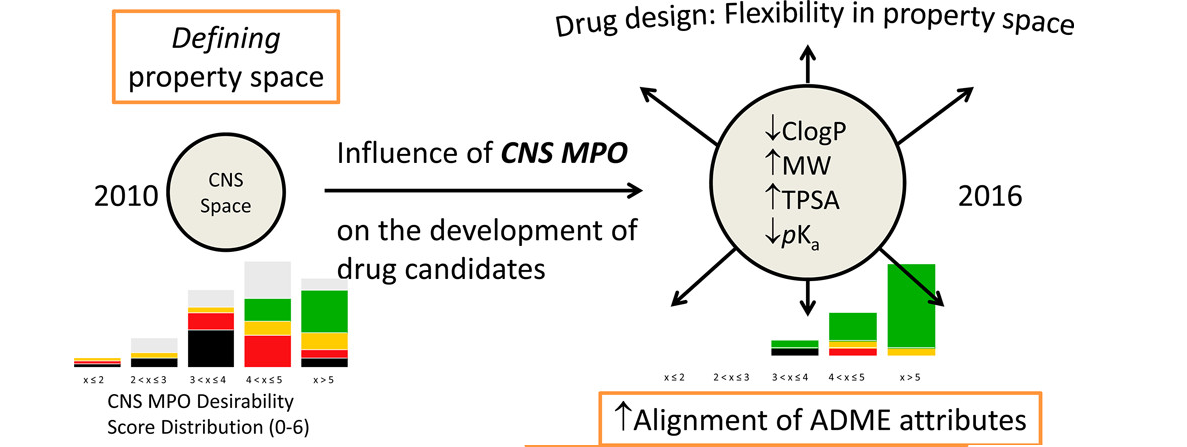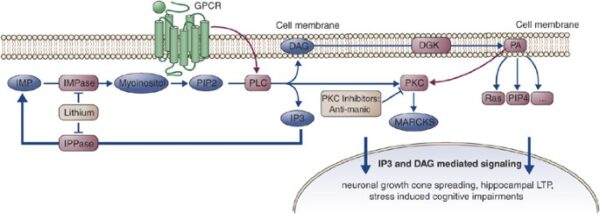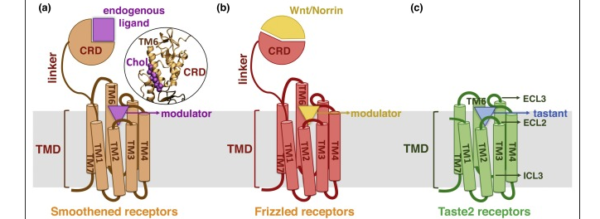The central nervous system (CNS) is a complex network that governs critical functions in the human body. Developing therapeutic interventions for CNS disorders poses unique challenges due to the intricacies of the brain and the protective blood-brain barrier (BBB). However, with the introduction of the CNS MPO (Molecular Properties Optimization) Library, a novel approach to CNS drug discovery is emerging. In this blog, we will explore the innovative features and potential impact of the CNS MPO Library on revolutionizing CNS drug discovery.
Understanding the CNS MPO Library:
The CNS MPO Library is a specialized collection of small molecules designed with a focus on optimizing key molecular properties relevant to CNS drug discovery. This library incorporates advanced computational algorithms and data-driven strategies to identify molecules with enhanced CNS penetration potential, increased selectivity, and improved pharmacokinetic properties. Here’s how the CNS MPO Library is revolutionizing the field:
Targeted Optimization of Molecular Properties: By integrating computational modeling and medicinal chemistry principles, the CNS MPO Library targets specific molecular properties crucial for successful CNS drug delivery. These properties include lipophilicity, polar surface area, molecular weight, stability, and permeability – factors that significantly influence BBB penetration and overall efficacy.
Leveraging Machine Learning and Predictive Models: The CNS MPO Library utilizes machine learning algorithms and predictive models to analyze large datasets and uncover relationships between molecular structures and desirable CNS properties. These algorithms enable efficient screening and optimization of library compounds, accelerating the identification of promising drug candidates.
Focus on BBB Penetration: The biggest challenge in CNS drug development is overcoming the BBB. The CNS MPO Library addresses this hurdle by prioritizing small molecules with enhanced BBB penetration potential. By optimizing key molecular properties, the library facilitates the identification of compounds capable of efficiently crossing the BBB and reaching their intended targets in the CNS.
Multi-Targeting Capabilities: The CNS MPO Library is designed to include compounds with multi-targeting capabilities, referring to the ability of a single molecule to interact with multiple biological targets implicated in CNS disorders. This approach offers the potential to address the complex nature of CNS diseases that often involve multiple pathways. Multi-targeting small molecules have the advantage of modulating multiple biological processes with a single therapy, potentially leading to improved therapeutic outcomes.
Advantages of the CNS MPO Library:
The CNS MPO Library brings several advantages to the realm of CNS drug discovery:
Increased Success Rate: By focusing on optimizing molecular properties essential for CNS drug delivery, the CNS MPO Library increases the chances of identifying lead compounds with improved BBB penetration, selectivity, and pharmacokinetic profiles. This targeted approach enhances the success rate of CNS drug development.
Efficient Resource Utilization: The integration of computational algorithms and predictive models in the CNS MPO Library significantly reduces the time and resources required for compound screening and optimization. This streamlined approach enhances efficiency and accelerates the drug discovery process.
Versatility and Adaptability: The CNS MPO Library is adaptable to various CNS disorders, providing a versatile platform for exploring therapeutic options across a wide range of neurological conditions. This adaptability allows for the discovery of small molecule drug candidates tailored to specific CNS disorders.
Future Perspectives:
The advent of the CNS MPO Library offers promising prospects for the future of CNS drug discovery. As computational algorithms and predictive models continue to advance, the library will continually improve in its ability to identify small molecule drug candidates with enhanced CNS penetration potential and optimized molecular properties. Moreover, combining the CNS MPO Library with evolving drug delivery systems, such as nanoparticles or targeted delivery approaches, may further enhance CNS drug delivery and improve therapeutic outcomes.
Conclusion:
The CNS MPO Library represents a game-changing development in CNS drug discovery. By harnessing computational algorithms and focusing on optimizing molecular properties crucial for CNS drug delivery, this library holds the potential to unlock new possibilities for effective treatments of CNS disorders. As the field advances and algorithms evolve, the CNS MPO Library will continue to drive innovation and revolutionize the landscape of CNS drug discovery.




